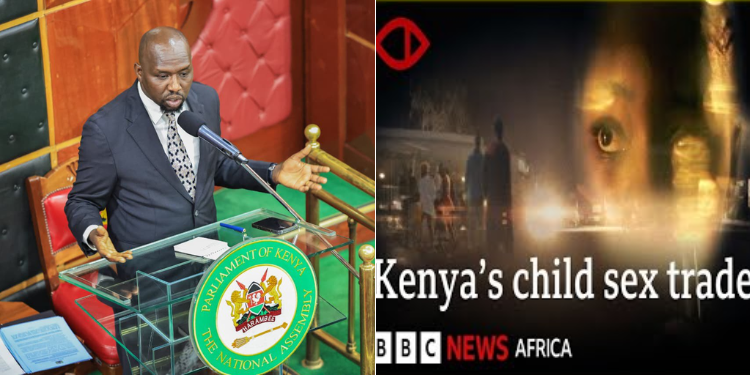The British Broadcasting Corporation (BBC) has responded to claims by the Ministry of Interior Cabinet Secretary Kipchumba Murkomen, who dismissed the broadcaster’s documentary on child sex trafficking as a fabrication.
CS Murkomen, while appearing before the National Assembly on Wednesday, August 13, claimed that the individuals featured in the BBC Africa Eye documentary “Madams: Exposing Kenya’s Child Sex Trade” were not minors but consenting adults.
The documentary, which aired on August 4, 2025, exposed an alleged child sex trafficking network in Mai Mahiu, Nakuru County.
It included undercover footage and survivor testimony alleging that girls as young as 12 were being exploited by women known locally as “madams.”
In a strongly worded statement issued on Thursday, the BBC defended its investigation and dispelled CS Murkomen’s assertions, reiterating the integrity of its reporting.
“We note with concern that following the broadcast of the film, survivors of childhood sexual abuse who contributed to the film were interviewed at length by investigators from the Kenya Directorate of Criminal Investigations without the presence of legal representation. There has also been a debate on the investigation in the Kenyan parliament,” part of the statement read.
BBC Responds to Murkomen
The broadcaster emphasised that no contributors were paid, promised rewards, or coached to provide testimony. It clarified that all participants were over the age of 18 at the time of filming and were recounting past abuse that occurred when they were minors.
“For clarity, none of the contributors featured in this film were paid, offered payment or ‘coached’ in any way. As clearly stated in the film, the survivors of abuse who were interviewed were all over 18 and recounted experiences of abuse that occurred when they were underage. We are thankful to the survivors for their brave contributions,” the broadcaster added.
Also Read: Organ Trafficking: Duale Exposes How Foreigners Are Flying Out with Kidneys
BBC further disclosed that it handed over its findings and evidence to Kenyan authorities in March 2025, “in which perpetrators of crimes against children were clearly identified, as were the victims who were in need of urgent assistance.”
In Parliament, CS Murkomen alleged that the BBC misrepresented facts, claiming that the women portrayed as victims were not underage.
He also alleged that BBC journalists approached some of the women under the guise of a foreign sponsorship program that promised “substantial payments and lifestyle benefits” in exchange for identifying girls aged 17 to 21.
While acknowledging that human trafficking and child exploitation remain serious issues in Kenya—especially along the Northern Corridor—Murkomen insisted that the documentary was “orchestrated to tarnish Kenya’s international reputation.”
Murkomen’s claims
The Interior CS added that 14 witnesses had been interviewed so far and that no arrests had been made. He said investigations were continuing, with authorities analysing call data and financial records to trace all parties involved. Murkomen also threatened legal action against the BBC team, accusing them of deceptive reporting.
“That report was fake because the people who were interviewed were not underage. I went the whole length to read their names, pseudo names and who they are and what they do. I also looked at the motivating factor for why they were posing as children. That is not to say that there may be no cases of sexual exploitation of children in the country,” he said.
At the same time, National Assembly Speaker Moses Wetang’ula added that the exposé was only intended to ruin the diplomatic image of the country.
“If you listen closely to the so-called BBC exposé, you’ll realize it was intended to tarnish the country’s image,” he said.
Also Read: CS Murkomen Says BBC Journalists Paid Witnesses to Fake Story About Child Sex Trade
The BBC documentary sparked public outrage upon its release. Set in Mai Mahiu, a busy transit town along the Nairobi–Nakuru highway, the exposé used hidden cameras and undercover reporters posing as aspiring “madams” to infiltrate alleged trafficking networks.
One woman, identified as “Nyambura,” admitted to luring girls as young as 13 into prostitution with sweets and small cash payments. Survivors shared harrowing stories of abuse, including daily sexual exploitation and threats from traffickers.
The National Police Service announced a multi-agency investigation on August 6, including officers from the Anti-Human Trafficking and Child Protection Unit (AHTCPU), to track down perpetrators and rescue victims.
Follow our WhatsApp Channel and X Account for real-time news updates.
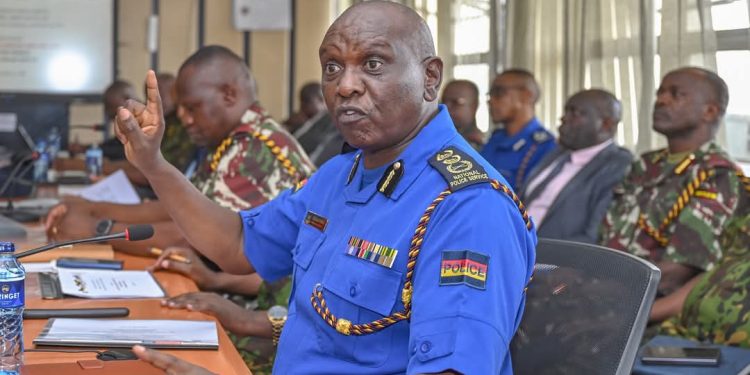

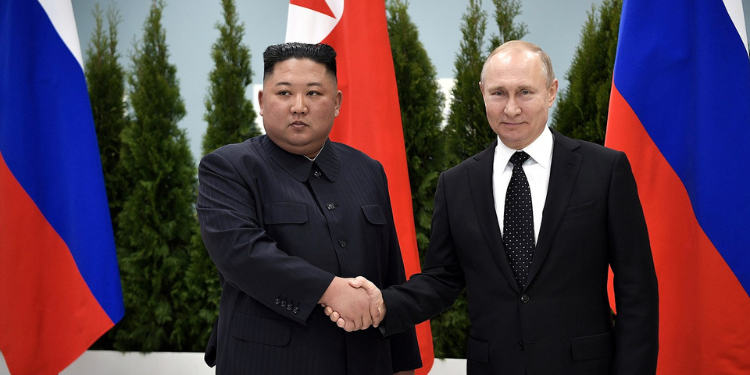
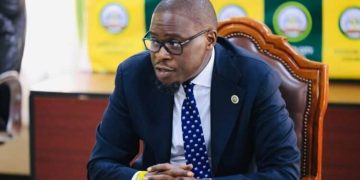

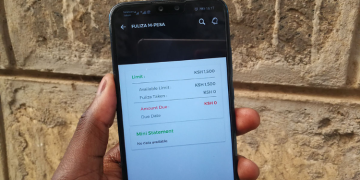


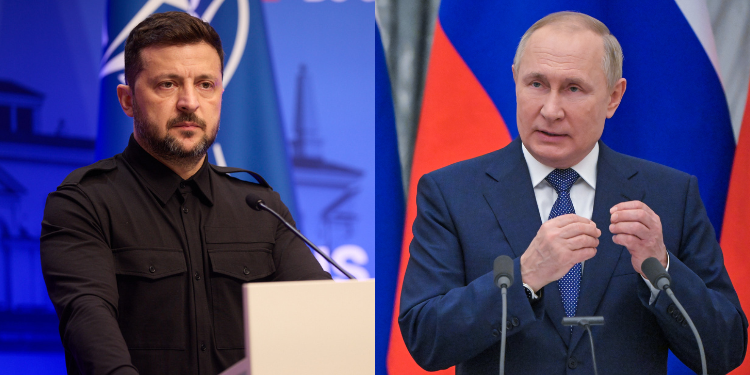
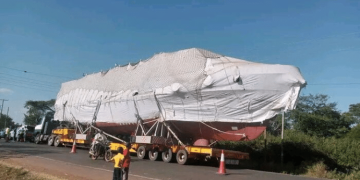
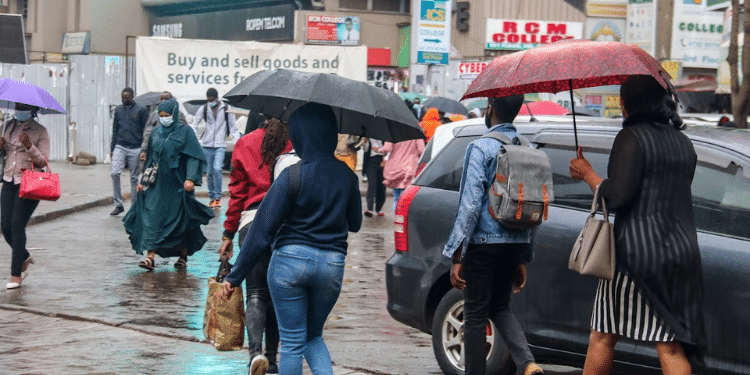










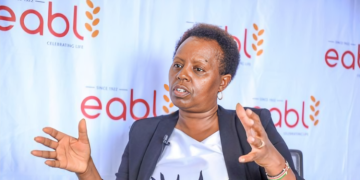
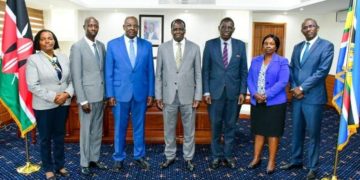
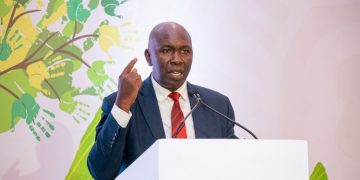
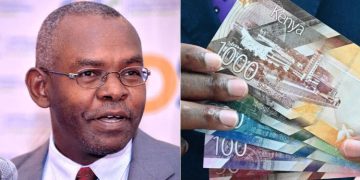































![Senator Allan Chesang And Chanelle Kittony Wed In A Colourful Ceremony [Photos] Trans Nzoia Senator Allan Chesang With Channelle Kittony/Oscar Sudi]( https://thekenyatimescdn-ese7d3e7ghdnbfa9.z01.azurefd.net/prodimages/uploads/2025/11/Trans-Nzoia-Senator-Allan-Chesang-with-Channelle-KittonyOscar-Sudi-360x180.png)
















